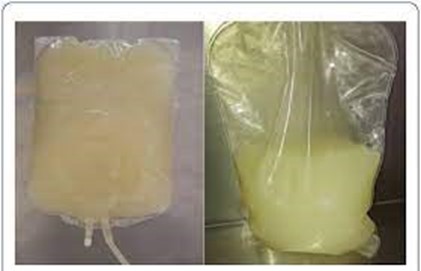A nurse is providing discharge teaching to a client who has an impaired immune system due to chemotherapy.
Which of the following information should the nurse include in the teaching?
"Wash your perineal area two times each day with antimicrobial soap.".
"Wash your toothbrush in the dishwasher once each month.".
"Change your pet's litter box daily.".
"Change the water in your drinking glass every 4 hours.".
The Correct Answer is A
The nurse should instruct the client to wash their perineal area two times each day with antimicrobial soap.
This is important because chemotherapy can weaken the immune system, making the client more susceptible to infections.
Choice B is wrong because washing a toothbrush in a dishwasher once a month is not an effective way to prevent infection.
Choice C is wrong because changing a pet’s litter box daily could expose the client to harmful bacteria and should be avoided.
Choice D is wrong because changing the water in a drinking glass every 4 hours is not necessary for preventing infection.
Nursing Test Bank
Naxlex Comprehensive Predictor Exams
Related Questions
Correct Answer is A
Explanation

The earliest indication of peritonitis in a patient undergoing peritoneal dialysis is often cloudy dialysis fluid when drained from the body.
Choice B is incorrect because an increased heart rate is not the earliest indication of peritonitis.
Choice C is incorrect because generalized abdominal pain is not the earliest indication of peritonitis.
Choice D is incorrect because fever is not the earliest indication of peritonitis.
Correct Answer is B
Explanation
This statement indicates that the client understands that genital herpes lesions can take time to heal and that they may not resolve immediately.
Choice A is incorrect because antibiotic ointment is not used to treat genital herpes lesions.
Antiviral medication is used to manage symptoms and prevent outbreaks.
Choice C is incorrect because natural skin condoms are not effective in preventing the spread of genital herpes.
Latex condoms should be used during sexual intercourse to reduce the risk of transmission.
Choice D is incorrect because the duration of antiviral medication treatment for genital herpes varies and may be longer than 3 weeks.
It’s important for the client to follow their healthcare provider’s instructions for taking medication.
Whether you are a student looking to ace your exams or a practicing nurse seeking to enhance your expertise , our nursing education contents will empower you with the confidence and competence to make a difference in the lives of patients and become a respected leader in the healthcare field.
Visit Naxlex, invest in your future and unlock endless possibilities with our unparalleled nursing education contents today
Report Wrong Answer on the Current Question
Do you disagree with the answer? If yes, what is your expected answer? Explain.
Kindly be descriptive with the issue you are facing.
